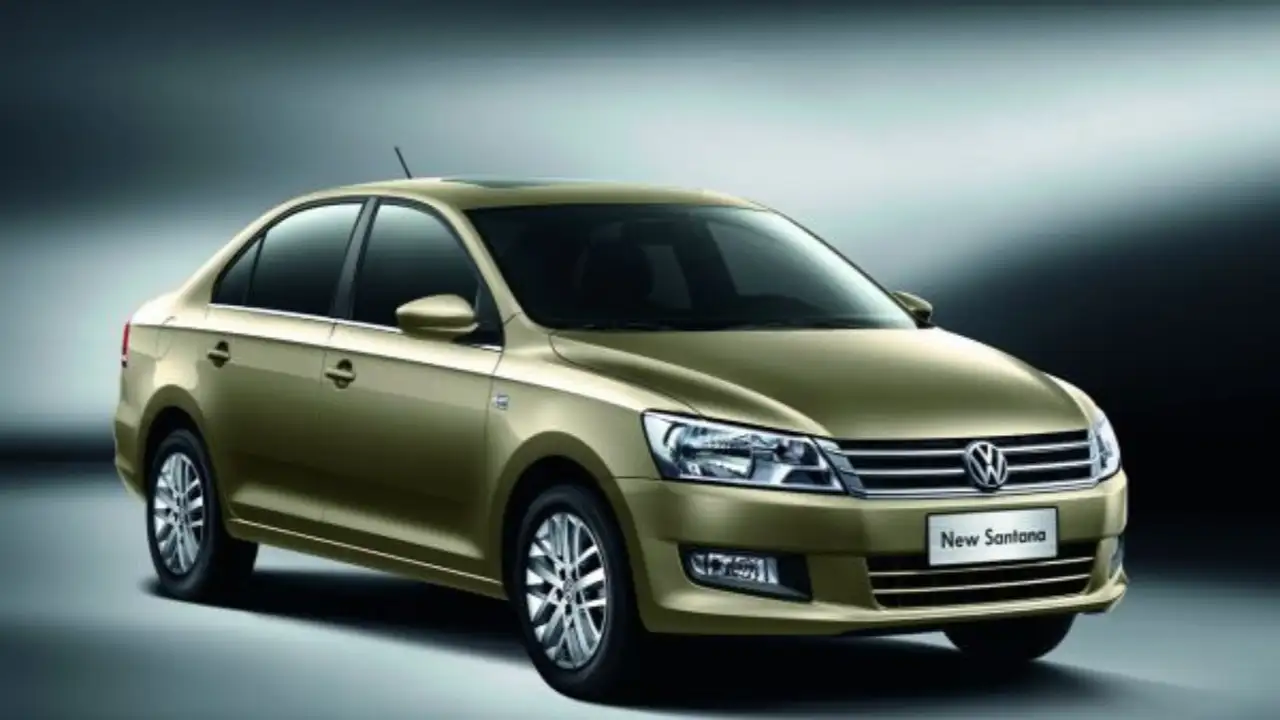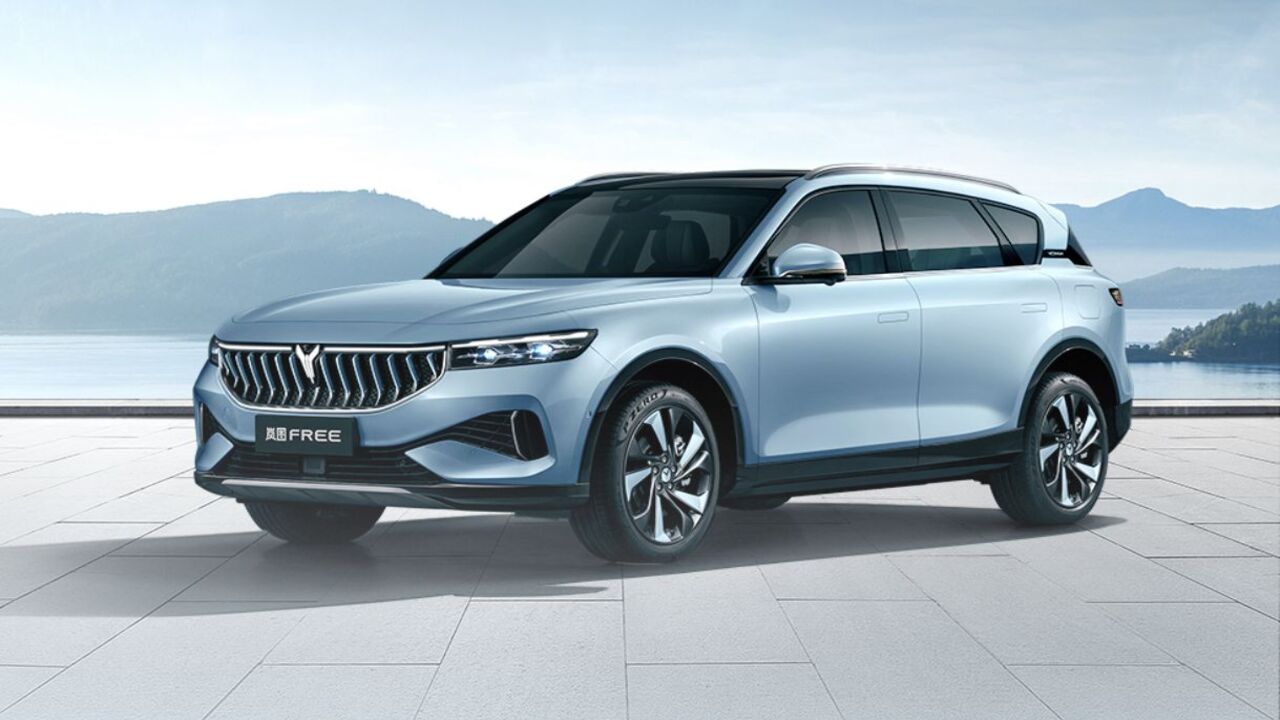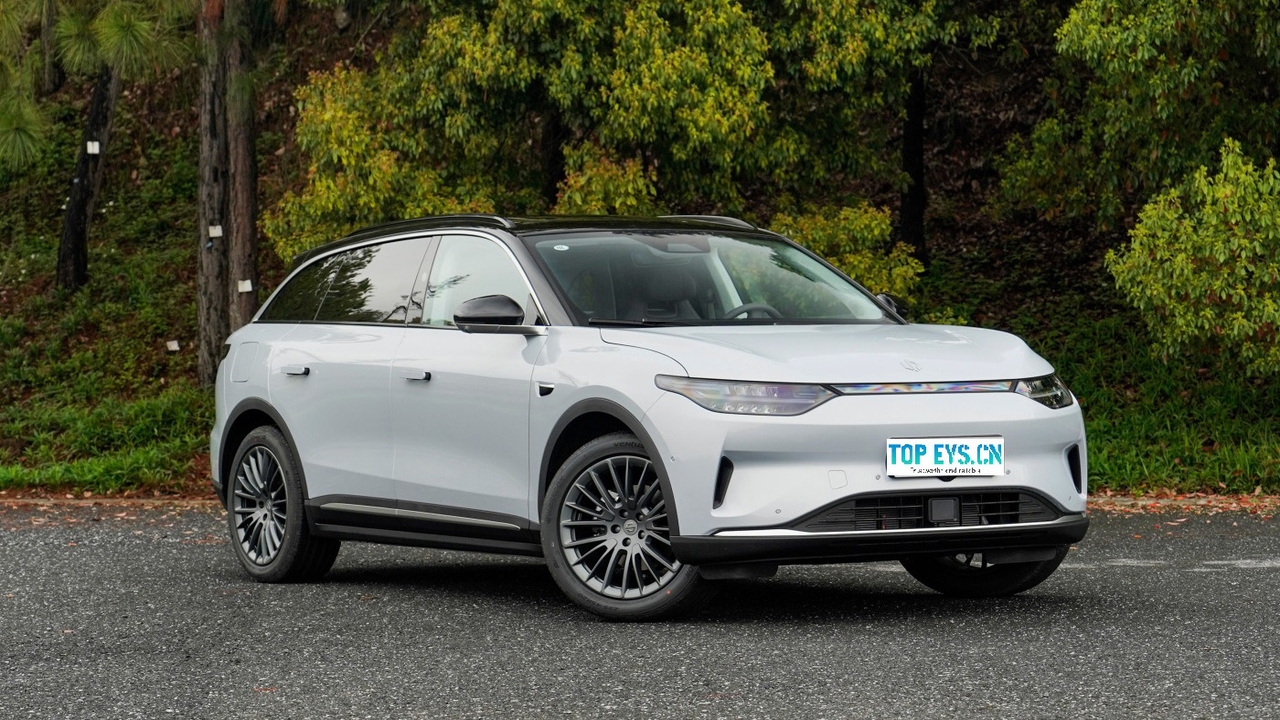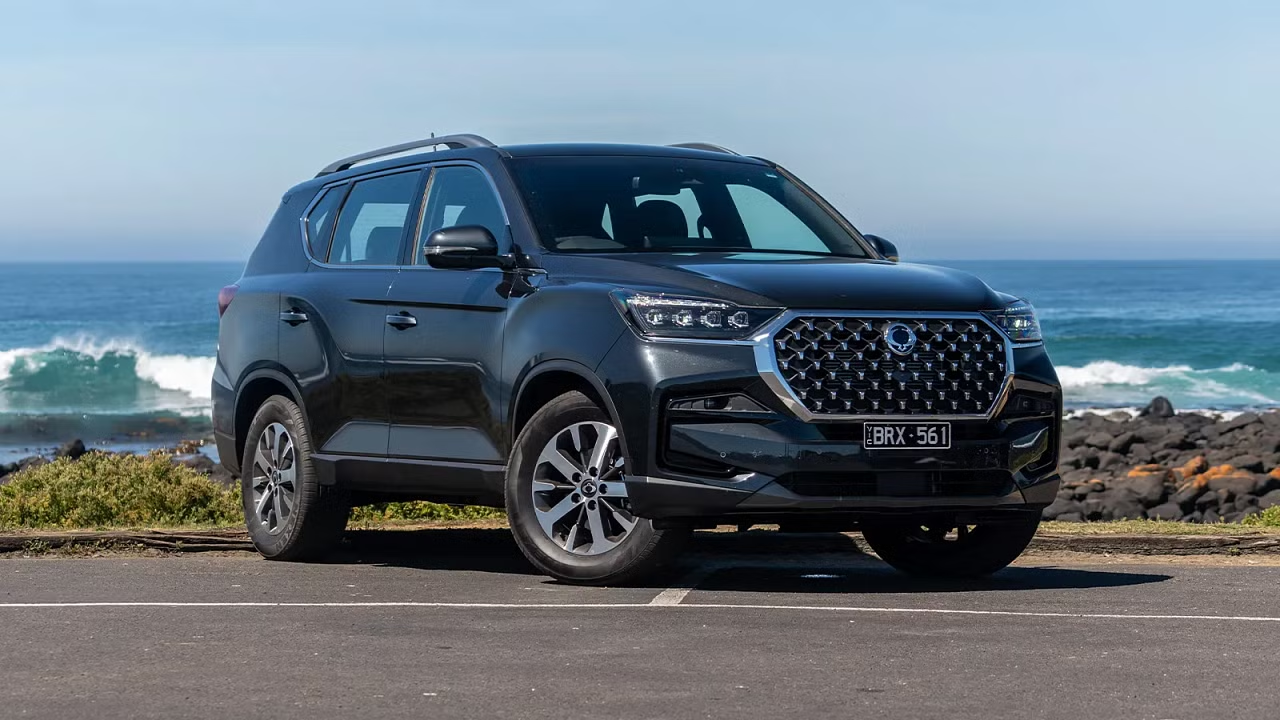FAW Group, one of China’s largest and oldest automotive manufacturers, is facing a challenging road ahead as its vehicles fail to resonate with buyers in key markets. Despite its significant presence in China and ambitions for international expansion, FAW Group’s cars have struggled to capture the attention of consumers, particularly in the highly competitive global automotive market. This lack of consumer enthusiasm raises questions about the company’s future and its ability to compete with established players both domestically and abroad.
The Struggles of FAW Group in a Competitive Market
Founded in 1953, FAW Group has a long history in the automotive industry, producing a wide range of vehicles from compact cars to heavy-duty trucks. The company has enjoyed considerable success within China, where it holds a significant share of the market. However, despite its domestic strength, FAW Group has struggled to replicate this success in other regions. International expansion has been slow, and its cars have not been able to gain widespread popularity in the global marketplace.
The primary reason for this lack of appeal lies in FAW Group’s failure to meet evolving consumer expectations. As the automotive market shifts toward more technologically advanced, eco-friendly, and feature-rich vehicles, FAW’s offerings have remained somewhat outdated. While the company produces cars that are reliable and affordable, they often fall short in terms of innovation, design, and advanced features that modern consumers increasingly demand.
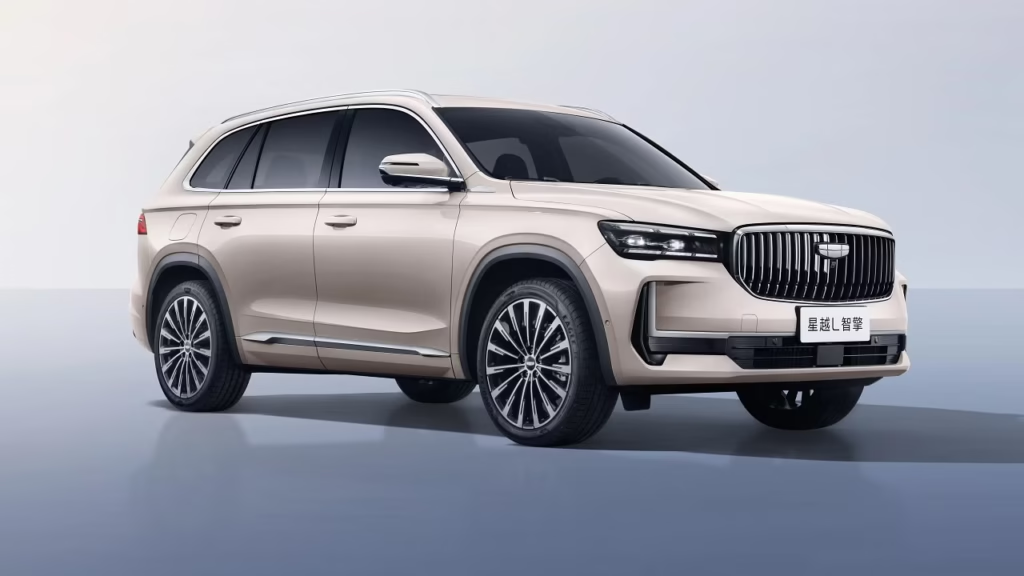
Outdated Designs and Limited Features
One of the main factors contributing to FAW Group’s inability to connect with buyers is the lack of modern design and advanced features in its vehicles. Today’s car buyers are looking for more than just reliability; they want vehicles that offer sleek aesthetics, cutting-edge technology, and a range of features that enhance the driving experience. Unfortunately, many of FAW’s models are perceived as outdated, with boxy designs and a lack of the high-tech features found in competitor vehicles.
In markets where consumers are increasingly attracted to tech-savvy, stylish cars, FAW’s vehicles appear unremarkable. Their design language lacks the contemporary feel of global competitors, and many of their cars lack the advanced infotainment systems, connectivity features, and advanced driver-assistance systems (ADAS) that are now commonplace in cars from brands like Toyota, Hyundai, and even newer entrants like Tesla.
Moreover, the interiors of FAW vehicles are often criticized for being basic, with limited customization options and lower-quality materials compared to competitors. While reliability remains a strength, it’s clear that consumers are now looking for a more holistic package that includes technology, comfort, and design—elements that FAW has struggled to integrate into its vehicles effectively.
Global Expansion Challenges
FAW Group’s efforts to expand its footprint beyond China have also faced significant hurdles. While the company has attempted to make inroads in markets such as Europe, Africa, and the Middle East, it has struggled to establish a strong brand presence. This is largely due to the fierce competition from well-established automotive giants with loyal customer bases and deep market knowledge.
In many markets, FAW Group is seen as a lesser-known brand, and it faces an uphill battle in convincing consumers to choose its vehicles over more recognizable names. Additionally, FAW has found it difficult to navigate the regulatory and consumer preferences of various international markets. The lack of tailored products that meet the specific needs of each market has only compounded the issue.
Moreover, FAW Group has faced criticism for its limited presence in the electric vehicle (EV) sector. While the global automotive industry is increasingly shifting toward sustainability and electric mobility, FAW has been slow to develop competitive EVs. This lack of forward-thinking innovation has hindered the company’s ability to capitalize on the growing demand for eco-friendly vehicles in international markets.
Reliability and Affordability: Still Not Enough
FAW Group’s vehicles are often touted for their reliability and affordability, which remain strong selling points in the domestic Chinese market. However, these factors alone are no longer sufficient to sway international buyers, especially in developed markets where consumers expect more from their vehicles.
In today’s competitive automotive environment, consumers are not just looking for affordable cars that perform well; they also want vehicles that offer high levels of safety, fuel efficiency, and technology. FAW’s cars, while generally reliable and affordable, fail to meet the higher expectations of consumers in more advanced markets. This puts the company at a disadvantage compared to global competitors who can offer a comprehensive value proposition that appeals to a broader range of buyers.
The Need for Innovation
To regain momentum and appeal to a wider audience, FAW Group must undergo a significant transformation. The company needs to focus on innovation, both in terms of design and technology, to stay relevant in the modern automotive market. Developing electric vehicles with competitive range and charging capabilities should be a priority, as the future of the automotive industry is clearly leaning toward sustainability.
In addition to EVs, FAW must invest in autonomous driving technology, infotainment systems, and safety features that are now standard in many of the most popular cars on the market. The brand should also consider refreshing its vehicle lineup with more modern designs and higher-quality interiors to appeal to younger, more design-conscious consumers.
Strategic partnerships with technology companies could also help FAW bridge the gap between traditional automotive manufacturing and the tech-driven future of mobility. By aligning itself with cutting-edge technology, FAW could differentiate itself from competitors and offer products that appeal to the growing demand for smart, connected cars.
Conclusion: The Road Ahead for FAW Group
FAW Group’s cars may not currently be resonating with buyers, but this does not mean that the company is doomed to obscurity. With the right investments in innovation, design, and technology, FAW has the potential to turn things around. The global automotive market is constantly evolving, and companies that fail to adapt risk being left behind. For FAW, the key to success lies in its ability to modernize and innovate, creating vehicles that not only meet the demands of today’s consumers but also anticipate the needs of tomorrow.
To regain traction in the global market, FAW must push beyond its comfort zone, embracing electric mobility, enhancing its product offerings, and ensuring that its vehicles align with the preferences of today’s buyers. If it can successfully navigate these challenges, FAW Group may yet find a way to reclaim its place in the global automotive industry.
